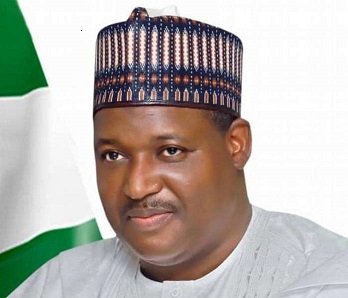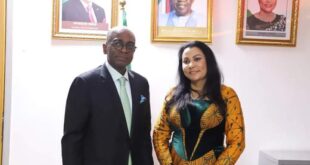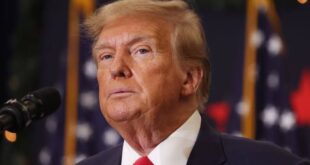Oluwasina Phillip
The Federal Government has called on stakeholders in the private sector to invest in the country’s Free Trade Zones to reposition the sub-sector as an instrument for economic growth and diversification.
The Permanent Secretary of the Ministry of Industry Trade and investment, Nasir Gwarzo made the call on Wednesday at a one day sensititization awareness workshop themed, “Creating Awareness on the activities of the Free Zones in order to stimulate investment in the sub-sector.”
He also stated that the decisions reached at the workshop, which brought together various experts and stakeholders in the industry, will be used to produce a Blue Print for Stakeholders’ Action Plan on repositioning Free Trade in Nigeria.
He said, “At this juncture, I wish to call on the private sector to key into the enormous opportunity that is accruable with investment at the Free Trade Zones.
“The challenges are no doubt very daunting but equally surmountable. With your support and resilience, we would be able to offer the best to the world through the development of the various sectors of our economy, using the right technology as well as conforming with the rules and best practices.
“I would like to commend the participants in this workshop and wish to let them know that their valuable contributions will help to produce a Blue Print for Stakeholders’ Action Plan on repositioning Free Trade in Nigeria.
Similarly, the Director, Commodities and Export Department of the Ministry, Suleiman Audu, stressed the need for the involvement of the private sector in the management of FTZ, adding that this will enable the country maximally harness the inherent potentials in the sub-sectors, drive job creation and increase non-oil trade.
Audu further cited studies that prove that private management of FTZs facilitate economic growth.
“Ladies and Gentlemen it is important to note that the use of FIZs 5.1 accelerating industrialization has been successful in other parts of the world.
“In Nigeria, it is evolving with enormous opportunities to create massive employment and promote trade in non-oil ¢commodities.
“However, in spite of the evolving positive trends, Nigeria has not maximally harnessed the inherent potentials in the sub-sectors as she is yet to ‘properly take advantage of the true potential of FTZs as an instrument of economic growth and diversification, as poor implementation continues to hold back success.
“According to a World Bank study of multiple SEZs around the world, privately operated/managed zones have been more profitable and have had better economic impact than public zones throughout the world.
The studies also reveal that 62% of the FTZs in developing and transition countries such as Thailand, Philippines, Columbia, Ghana, Panama, Gabon and Kenya, are private sector developed or operated,” he explained.
While reiterating the Ministry’s commitment to diversifying the Nigerian economy through the development of non-oil sector, the director stated that workshop is one in the series of the Ministry’s programmes to provide the enabling environment for the sub sector to thrive.
 The Commerce Africa African Reneissance
The Commerce Africa African Reneissance




